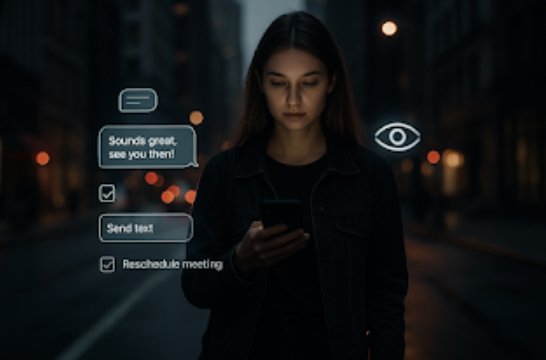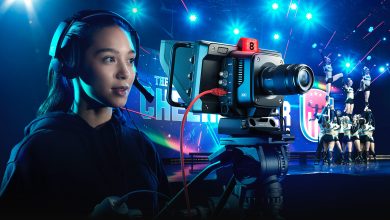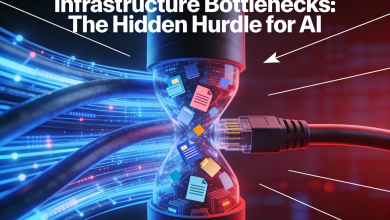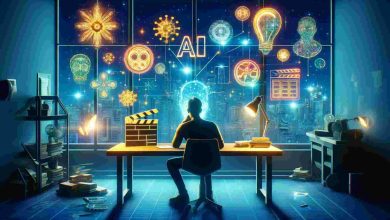
Being human is a full time job. For Gen Z, it’s also an opportunity to scale their personalities and let AI do the heavy lifting.
While we all imagined the future would be flying cars and killer robots, we’ve arrived at something stranger: a generation quietly teaching algorithms to talk, think, and even feel on their behalf.
For Gen Z, being human is exhausting and increasingly, optional. Life isn’t about checking the boxes their parents followed (finish school, get a job, buy a house). Those scripts feel unattainable or irrelevant. Instead, this generation is designing lives around a resilient, self-defined identity, using every tool available to maintain control and autonomy.
From Life Scripts to Custom Identities
Previous generations followed a predictable public map of milestones. Gen Z has replaced that with a blueprint: curate your digital self, pursue multiple income streams, prioritize mental health, and follow your dreams.
But designing a life from scratch is demanding emotionally, mentally, and socially. So why not outsource the busywork of being human? That’s where AI comes in, not just as a productivity tool, but as a partner in building and scaling identity.
Identity-as-a-Service: The Rise of AI Twins
AI has evolved beyond search engines and chatbots. We’re entering the era of portable selves algorithmic twins trained on your unique behaviors and voice.
These twins don’t just automate tasks; they scale your personality:
• Drafting emails or messages that sound like you
• Logging moods, thoughts, and life patterns
• Suggesting activities, outreach, or content ideas aligned to your energy
• Acting as a therapist, coach hybrid, nudging you toward your goals
The implications are massive. Personal branding and online presence once labor intensive are now scalable and automated. Your digital self can negotiate, post, reply, and create in ways that keep your “brand of you” alive 24/7.
The Mental Health Trade-Off
Ironically, Gen Z is both the most self-aware and the most willing to delegate their inner world to technology.
Every thought logged, every late-night spiral recorded, every playlist, calendar note, and micro journal entry becomes data for self optimization. For a generation fluent in therapy speak and self tracking apps, this feels less like dystopia and more like relief.
But the trade off is emotional outsourcing. Can an algorithm truly capture the nuance of human feeling, and what happens when it becomes our default mirror?
The Ownership Dilemma
The power to scale identity also raises a critical question: Who owns the twin?
If Gen Z’s algorithmic selves live on someone else’s servers, history suggests that Silicon Valley may quietly dictate the defaults of digital personhood. True autonomy will require user-owned identity infrastructure models that learn from your life without selling it, leak-proof against the data economy.
The future of selfhood might depend on this generation’s ability to navigate the tension between agency and automation. For now, one thing is clear: the most ambitious experiment of the 21st century isn’t AI replacing humans, it’s humans scaling themselves through AI.





